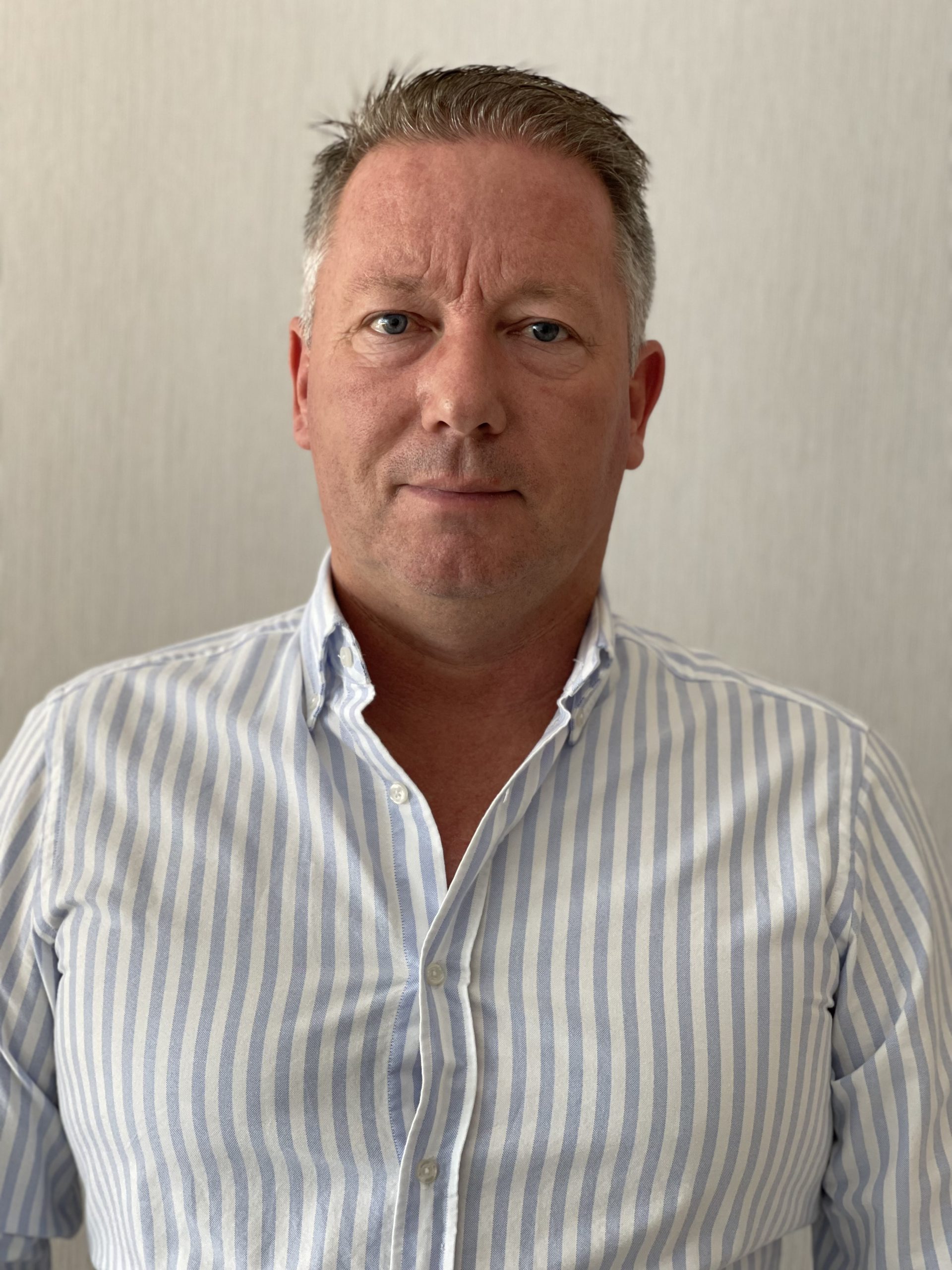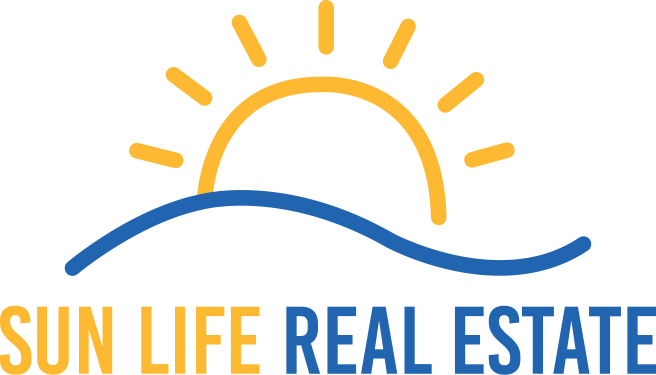How to buy a property in Dominican Republic?

Is it smart to Invest in the Dominican Republic?
If it is smart to invest in Dominican Republic depends on your own situation and the most important thing to answer this question is: in, what kind of property are you going to invest, Dominican Republic is a huge island with lots of options for tourist and businesspeople and with some less attractive areas. Whether you invest in Dominican Republic or in any other country the location of your property has the biggest effect on your success in investing. As a professional investor I recommend investing only in AAA areas because these kinds of investments always give an high ROI and have in general a good exit strategy. My personal preferences for investing in real estate are new or maximum 5-year-old properties in city centers but if you are buying to use it also for yourself, I understand that you would prefer a condo in a beach area like Punta Cana, Bavaro, La Romana or Puerto Plata. Keep in mind that you have to deal with seasons and a lot off competitions of hotels if it comes to short term rental in a beach area.
There are many reasons that may prompt the decision to buy a property in the Dominican Republic. The process of acquiring land or building property has been reduced to its simplest form to encourage real estate purchases. But the most important reason is surely economic. Indeed, the country is in strong economic growth favoring an atmosphere conducive to business affecting all sectors, including real estate. Many expats chose to buy an apartment which they use a few months and rent out the rest of the year for profitable returns.
The development of tourism, which is one of the country’s currency providers, is not outdone and the government is now focusing on high-end tourism. This form of tourism requires privative accommodation facilities away from busy hotels. The construction of luxurious homes is an ideal solution for people looking to invest, relax and enjoy an extra passive income. In the North of the island, in the village of Las Terrenas, an increasing number of real estate projects are being developed every year.
WHY INVEST in A PROPERTY IN THE DOMINICAN REPUBLIC?
The economy of the Dominican Republic gets stronger year by year this affects prices for real estate in general what means the value of your property will go up and monthly rental income as well.
Buying for personal or business reasons? If you are buying for a personal reason probably the beaches of the Dominican Republic will delight you. For those who can afford it to buy a property on one of the beach front golf course residences there are many options in different areas as well. Are you more looking for a small condo what also generate some rental income? then you will probably end up in the area of Punta Cana.
The high season is the DR is quite long compared to Spain and other countries where people go for vacation. In fact, all in all you can count approximately 6 months of high season to renting out your property.
On top of that of a 1% of annual property taxes, expect to pay no taxes on the revenues made from your rentals. Aside from the favorable general conjuncture, you’ll need to consider the location of your future property. Some places are seeing more growth that others… For example, Las Terrenas is one of the hottest spots in the DR in terms of real estate investments and growth at the moment. The market is fueled by the local expats who invested and keep investing there and growing middle class from the big cities bored of Punta Cana and looking for a piece of paradise at still an affordable price.
HOW TO GET A LOAN WITH A LOCAL BANK?
After years of experience with several lenders, we advise our clients to work with Scotia bank for two reasons.
Firstly, the mortgage loans are quickly available to US / Canada / English and Dominican citizens with Scotia Bank, our local financial partner for real estate transactions.
Secondly, they offer the best interest rates than any other national banks we’ve been in touch with.
The first thing to do when looking to buy a property in the DR (with a loan) is to verify if you can apply for a loan. It will make things move faster if you are decided on a specific property and help your negotiation with the seller. The documents required by Scotia Bank are the following:
- Copy of your passport plus other identification
- Two last tax returns
- Employment letter if employed
- A bank reference from your main bank
For other foreigners, loans are also available with a few additional documents required. All these documents can be sent via email.
The bank will usually lend you up 70% of the value of the property, or less if you wish so… Meaning that a down payment of at least 30% of the value of the property will be necessary from your side.
The value of the property is the lowest amount between either the estimated value or the agreed buying price of that property. The estimated value is the value given by the “assessor” from the bank who will estimate the property according to a set of criteria such as lot size, built size, built year, location, number of bedrooms, materials used, etc. By experience, this value is usually close to the selling price, still expect 10% variation to be on the safe side.
Once the bank notifies you that you pre-qualify for a mortgage loan or a loan for a new construction (this verification takes 1 to 2 weeks) you will be given access to an online form available in English which you must fill in. At this point, there is 99% of chance that you will qualify for the loan.
Once the terms are satisfying for both parties, you’ll have to be in the Dominican Republic to sign the actual contract in person. You might be able to discuss with the bank to send someone with a power of attorney to sign in your name.
Most national banks have higher interest rate than our home country. It is usually at 7 to 10% and sometimes even greater, but Scotia Bank offers a preferential between 5 and 6% (Dec. 2019) for a period up to 25 years which is standard and quite reasonable.
If you decide to build a house with a local constructor, you can take 2 separate loans, one to buy the land itself and one to build your house. Before or after having reserved the lot you set your eyes on (with usually 10% of selling price), you’ll need to secure financing if needed.
Once the total value of the land is paid at the signature of the Act of Sale, the title of ownership is transferred to you. Then when you decide to start the construction, the bank will loan you the money by installments as the construction progresses.
At each step of the construction (generally 3 or 4 phases divided in payments of 20 to 30%), the bank will send an expert “assessor” to assess that the money loaned did go into the construction and not the pocket of the constructor. Only when all the boxes are checked, the bank will send you the next installment which you will send to the constructor, thus retaining the control over the process and your money.
The interests to be paid will be calculated only on the amount loaned and at the end of the construction the loan will switch into a classic mortgage loan.
Are you interested in investing in the Dominican Republic feel free to contact me for more info about this subject adriaan@sunlife.realty

Adriaan Smit Real Estate agent
Categorieën: News
Tags: annual property taxes, dominican republic loan, HOW TO GET A LOAN WITH A LOCAL BANK, interest dominican republic, Is it smart to Invest in the Dominican Republic?, loan, mortgage dr, Scotia bank, The economy of the Dominican Republic, WHY INVEST in A PROPERTY IN THE DOMINICAN REPUBLIC?
